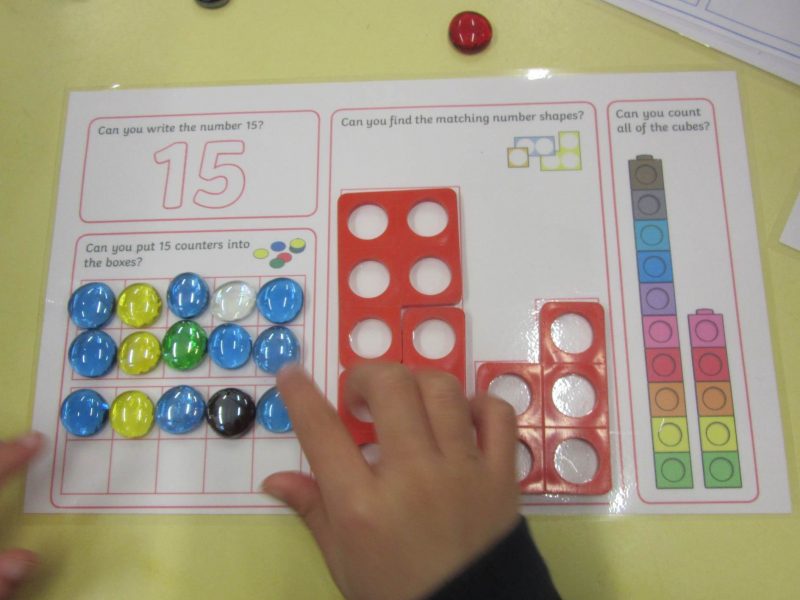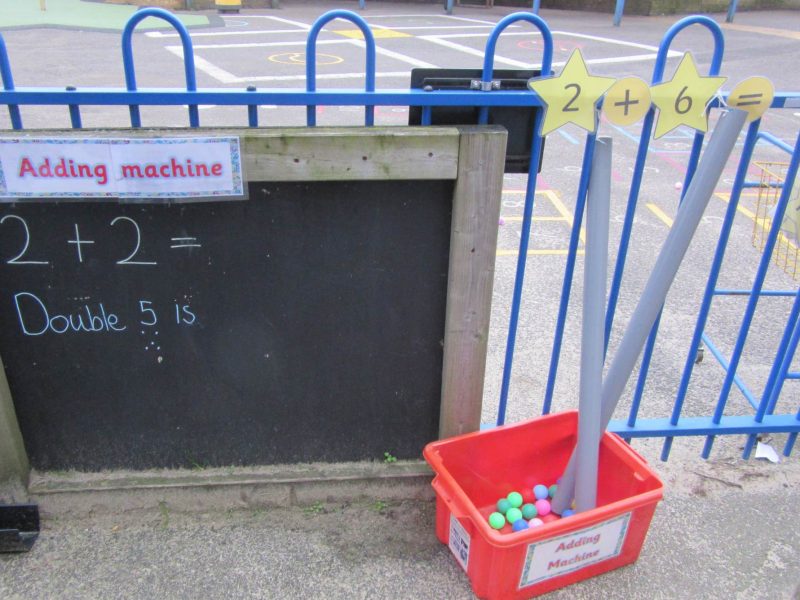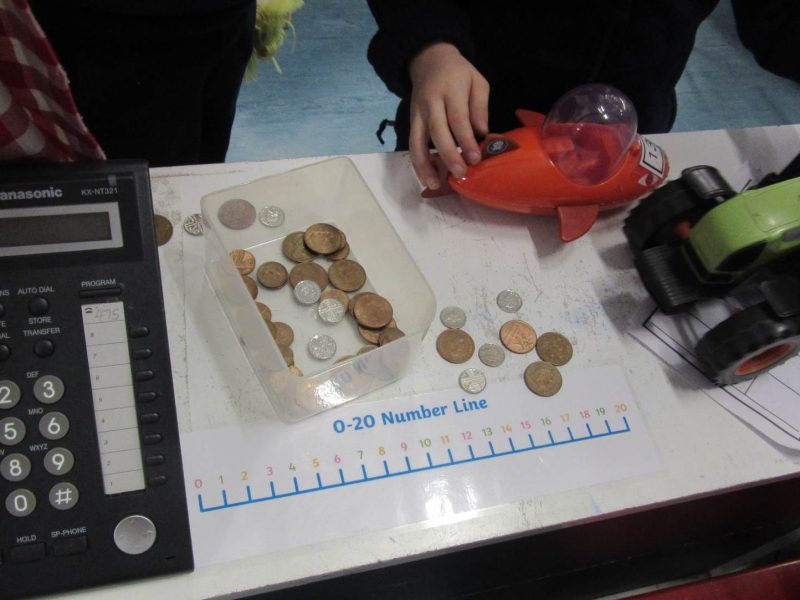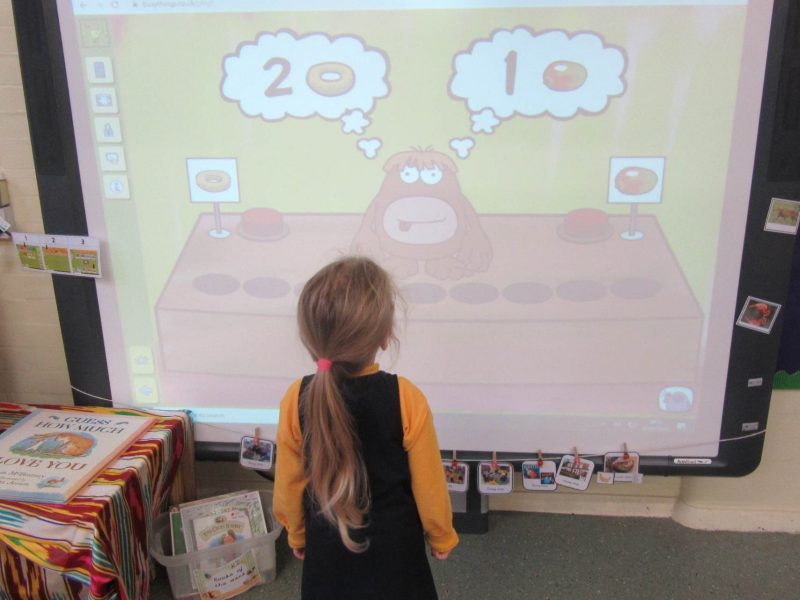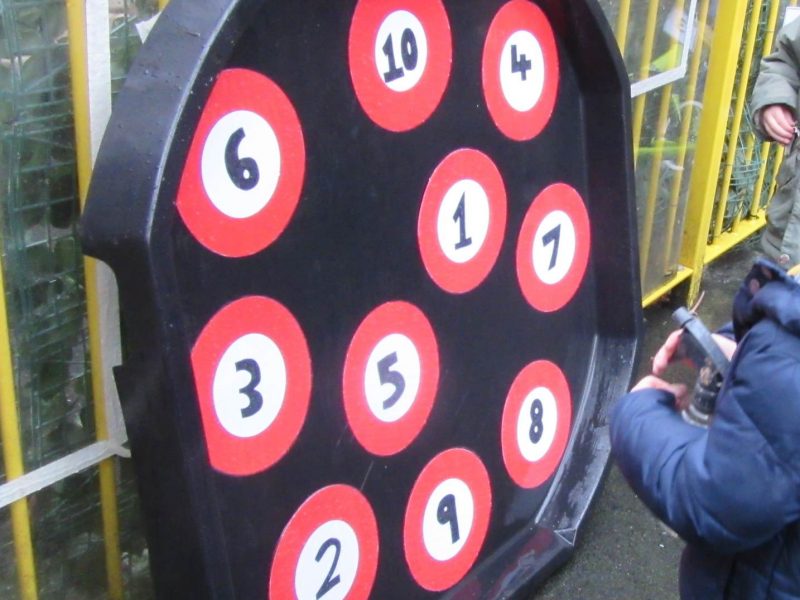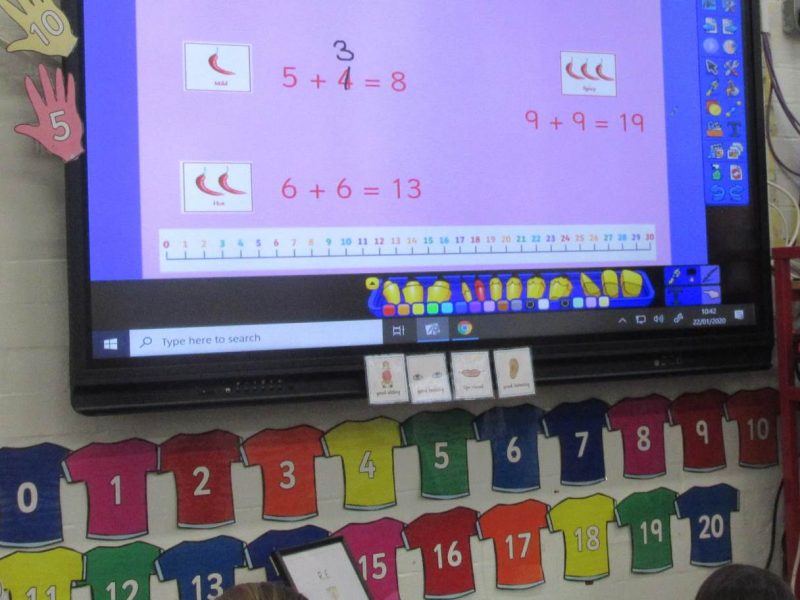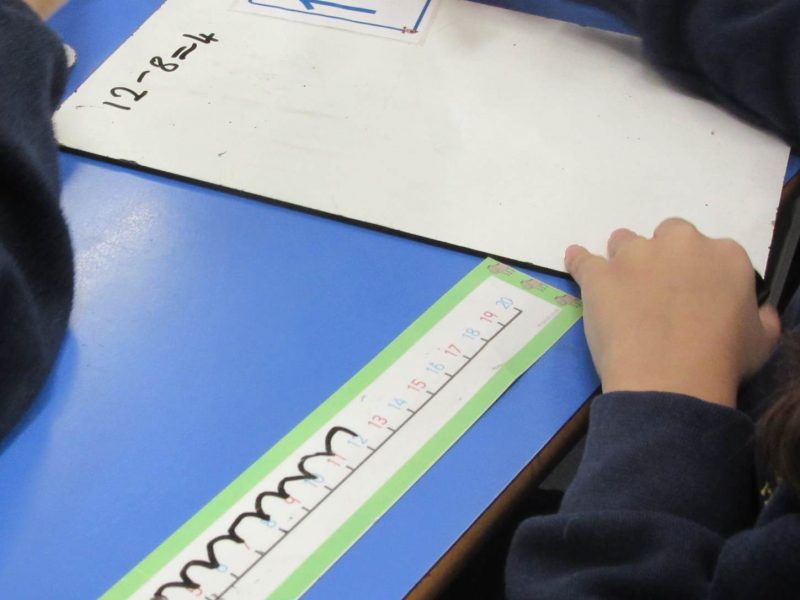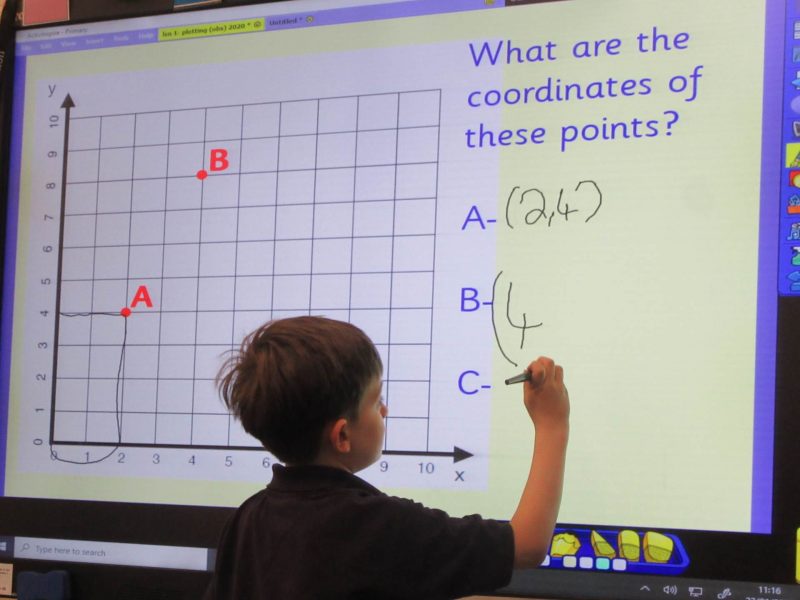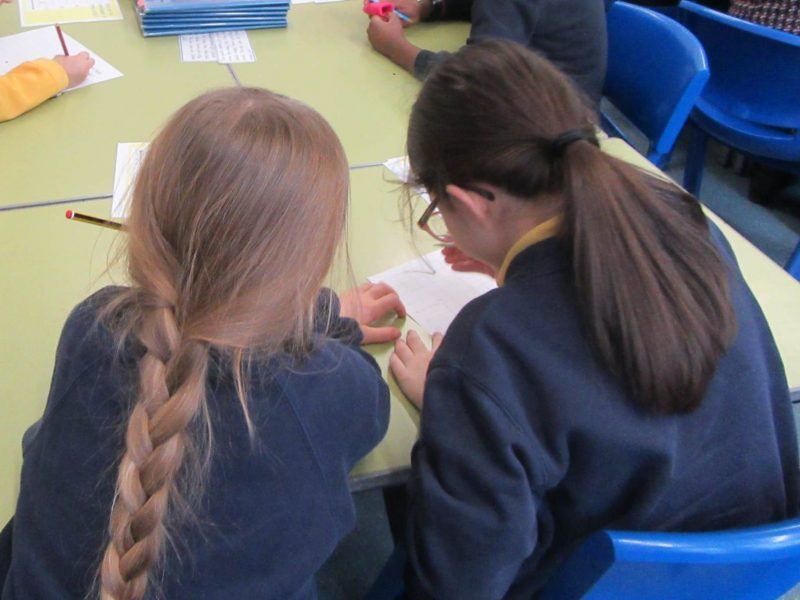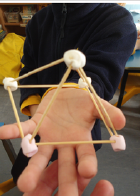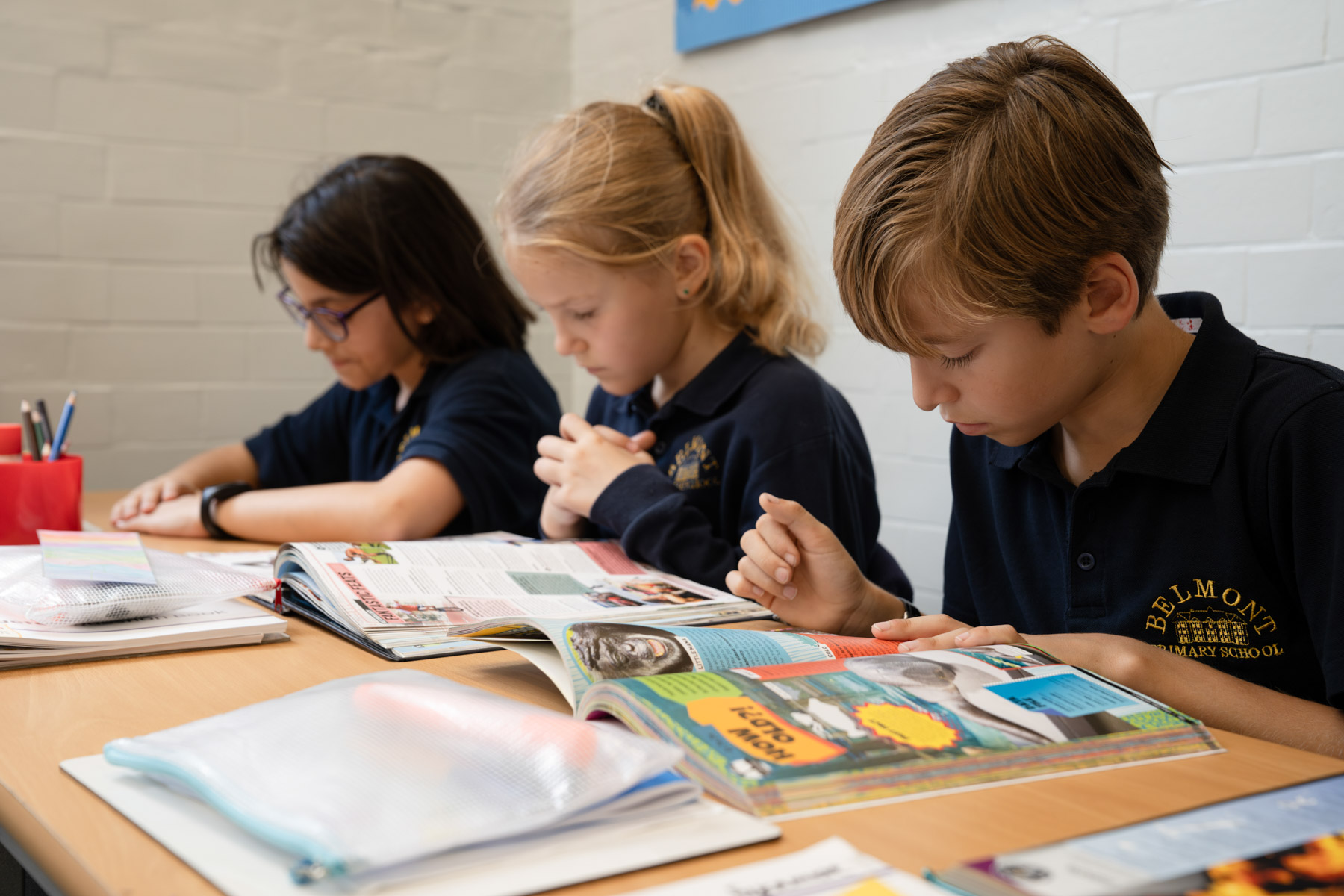
Maths Vision
We aim to ensure pupils develop mathematical skills to gain an understanding of our world. The acquisition of skills, which improve because of practice, can help to develop powers of logical thinking, imagination and an awareness of accuracy.
We will inspire young people to see the true beauty of Mathematics and they will engage in their own individual maths-learning journey. Mathematics will teach children to make sense of the world around us through developing a child’s ability to calculate, to reason and to solve problems.
A mastery approach is at the heart of the maths at Belmont. Across all phases, children are taught problem-solving strategies through a range of resources.
Intent
- Ensure our children have access to a high quality maths curriculum that is both challenging and enjoyable.
- Expose our children to a variety of mathematical opportunities, which will enable them to make the connections in learning needed to enjoy greater depth in learning.
- Enable children to feel confident and are not afraid to take risks.
- Fully develop independent learners with inquisitive minds who have secure mathematical foundations and an interest in self-improvement.
- Encourage children to make rich connections across mathematical ideas to develop fluency, reasoning and competence in solving increasingly sophisticated problems. We intend for our pupils to be able to apply their mathematical knowledge across the curriculum.
- Teach children that maths skills are essential to everyday life, critical to science, technology and engineering, and necessary for financial literacy and most forms of employment.
Implementation
Planning
- Long term: National Curriculum
- Medium term: Yearly overview
- Short term: Daily lessons include a clear lesson intention and sometimes-clear success criteria ‘Steps to Success’. Daily lessons are taught in three parts: starter, main & plenary and incorporate the self-selected challenges – mild, hot, and spicy. Short term planning is supported by the use of the White Rose Maths Hub materials.
Teaching
‘Quality first teaching’ linked to teaching standards:
All teachers:
- Know where their children are through the use of concise summative assessment, prior learning and through formative and summative assessment
- Understand where their children need to be through a secure understanding of year group expectations and/or pre key stage expectations.
- Know how they are going to get them there with a range of strategies to promote independence, mastery and high expectations of ALL.
- Effectively deploy adults for the needs of the class.
Learning
All staff deliver quality first teaching.
- Children have a daily maths lesson/activity.
- Children learn maths through a variety of additional resources e.g maths through stories, STOPS maths etc.
- We follow the teaching and learning non-negotiables in all maths lessons.
- Children are given reflection time when responding to marking and during plenaries.
- We embed opportunities for all including financial enterprise trips to the local Metro bank, Redstart, participate in the fiver challenge and give children management of class stalls.
- Children are given opportunities to go to various mathematical events including Y5 Royal Institution, Gifted and Talented events at other primary schools.
Impact
- Weekly planning from each year group can be accessed and compared in a joint curriculum folder- the subject leads review this.
- Book looks provide evidence of attainment, coverage and differentiation-the subject lead and senior leadership team are involved.
- Teachers record termly assessment data on pupil asset to record if children are working towards, expected or greater depth.
- Pupil voice questionnaires provide information about key aspects of the children’s viewpoint of maths, their learning and events they have experienced. The subject lead uses this information for the future development of the subject.
- Learning displays in classrooms and around the school showcase children’s learning- subject leads monitor.
- Learning walks carried out by subject leads and senior leadership team.
- Inset meetings and discussions with team- subject leads work with teachers.
Here are some of the stories we use in our maths lessons at Belmont. Using stories is a creative way of linking maths to real-life.
Times Tables Challenges
The quick recall of multiplication and division facts (times tables) is essential for all children.
The ability to recall these facts quickly enables children to answer related questions with ease. It is therefore important that we approach the teaching and testing of times tables in a similar and progressive format from Year 1 to Year 6. At Belmont, we ensure the children are learning these facts progressively through our times table challenges. The challenge consists of 22 stages. These work progressively through multiplication facts and derived division facts, with a test at each stage to test speed and accuracy.
We use various online platforms to support the teaching of mathematics. Here are links to a few:
Please refer to our Policies and Procedures page,
Calculation Policy
Our approach to teaching calculation is detailed in our Calculation Policy, which provides parents with worked examples for each year group.
